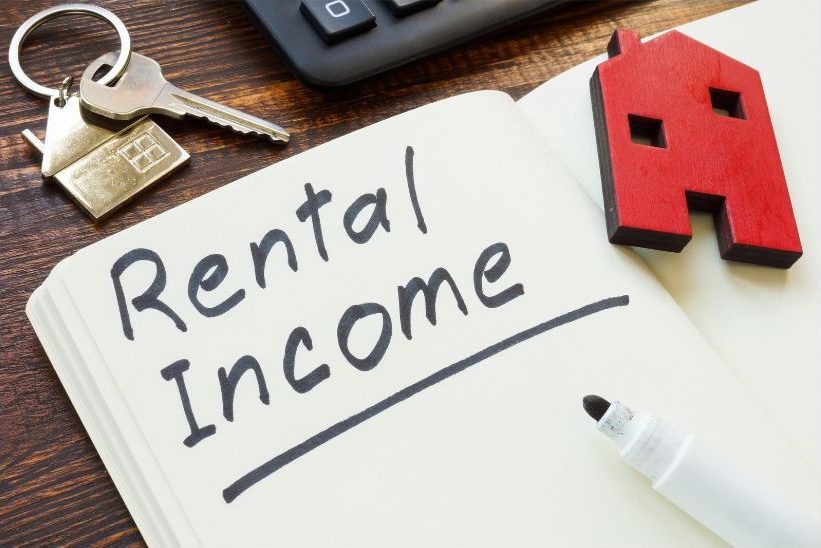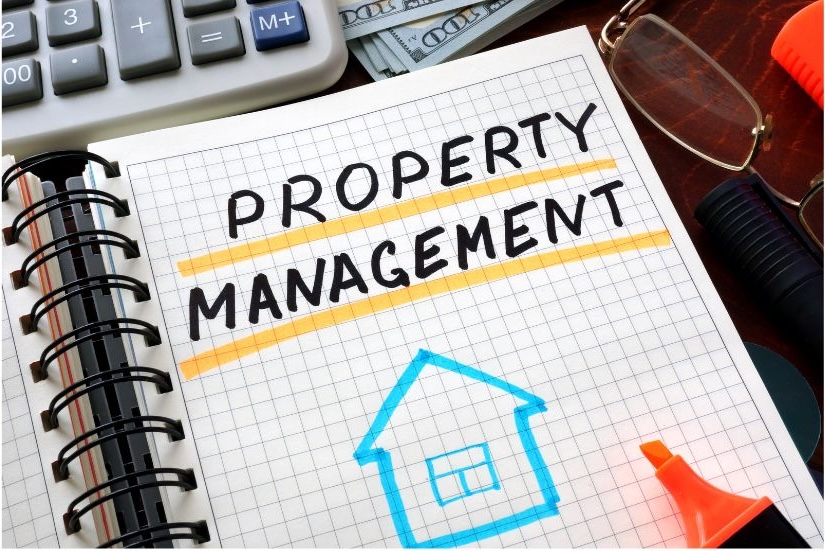Renting out your property can be a lucrative investment strategy, providing a steady income stream and potential long-term financial benefits. However, it also comes with a set of challenges and responsibilities that can impact your decision. In this blog, we will explore the pros and cons of renting out your property, helping you make an informed choice about whether becoming a landlord is right for you.
The Pros of Renting Out Your Property
1. Steady Income Stream
One of the most significant advantages of renting out your property is the potential for a consistent income stream. Rental income can help cover mortgage payments, property taxes, and maintenance costs, and even provide additional profit.
- Supplementary Income: The rental income can act as a supplementary income source, improving your financial stability.
- Retirement Planning: Rental properties can be an excellent part of a retirement plan, providing ongoing income even after you’ve stopped working.

2. Property Appreciation
Real estate tends to appreciate over time, meaning the value of your property could increase. By renting out your property, you can generate income while also benefiting from the property’s appreciation.
- Capital Growth: As property values increase, so does your equity in the property.
- Future Selling Advantage: Increased property value can lead to higher selling prices if you decide to sell in the future.
3. Tax Benefits
There are various tax deductions available to landlords, which can reduce the overall cost of owning rental property.
- Deductible Expenses: Mortgage interest, property taxes, insurance, maintenance and repairs, and property management fees are typically deductible.
- Depreciation: You can depreciate the value of the property over time, reducing taxable income.
- Travel Expenses: Costs incurred while managing your property, such as travel expenses, can also be deductible.

4. Flexibility and Control
Owning rental property provides flexibility and control over your investment. You can make decisions about the property’s management, maintenance, and tenant selection.
- Management Choices: Decide whether to manage the property yourself or hire a property management company.
- Tenant Screening: Carefully select tenants to ensure they meet your criteria for reliability and responsibility.
5. Diversification of Investment Portfolio
Real estate can diversify your investment portfolio, reducing risk by spreading investments across different asset classes.
- Reduced Risk: Diversification can protect you from volatility in the stock market.
- Stability: Real estate is often considered a stable investment, less susceptible to rapid value changes compared to stocks.
The Cons of Renting Out Your Property
1. Property Management Challenges
Managing a rental property can be time-consuming and demanding, requiring ongoing attention and effort.
- Maintenance and Repairs: Landlords are responsible for maintaining the property and addressing any repairs promptly.
- Tenant Issues: Dealing with tenant complaints, late rent payments, and potential evictions can be stressful and challenging.

2. Financial Risks
While rental income can be a steady source of revenue, there are financial risks involved in owning rental property.
- Vacancy Periods: Periods without tenants can result in loss of rental income, impacting your ability to cover expenses.
- Unexpected Costs: Major repairs or maintenance issues can arise unexpectedly, leading to significant out-of-pocket expenses.

3. Legal Responsibilities
Landlords must comply with various laws and regulations, which can be complex and vary by location.
- Tenant Rights: Understanding and adhering to tenant rights and fair housing laws is essential.
- Lease Agreements: Creating and enforcing lease agreements that comply with legal standards is necessary to protect both parties.
4. Time Commitment
Being a landlord requires a considerable time commitment, especially if you manage the property yourself.
- Routine Inspections: Regular property inspections and maintenance checks are necessary to ensure the property remains in good condition.
- Administrative Tasks: Handling administrative tasks such as collecting rent, maintaining records, and managing finances can be time-consuming.
5. Market Fluctuations
The real estate market can be unpredictable, with fluctuations affecting rental demand and property values.
- Market Volatility: Economic downturns can reduce rental demand and property values, impacting your rental income and investment value.
- Competition: Increased competition from other rental properties can affect your ability to attract and retain tenants.

Strategies for Successful Property Rental
To mitigate the challenges and maximize the benefits of renting out your property, consider implementing the following strategies:
1. Effective Tenant Screening
Thoroughly screening potential tenants can help ensure you select reliable and responsible individuals who will respect your property and make timely rent payments.
- Background Checks: Conduct background checks to verify employment, credit history, and rental history.
- References: Request references from previous landlords to assess the tenant’s reliability and behavior.
2. Professional Property Management
Hiring a professional property management company can alleviate many of the burdens associated with being a landlord.
- Experienced Management: Property managers have experience handling tenant issues, maintenance, and legal requirements.
- Time Savings: Delegating management tasks to professionals allows you to focus on other aspects of your life or investment portfolio.
3. Regular Maintenance and Upgrades
Regularly maintaining and upgrading your property can enhance its value and appeal to potential tenants.
- Preventive Maintenance: Address maintenance issues promptly to prevent them from becoming larger, more costly problems.
- Modern Amenities: Upgrading appliances, fixtures, and amenities can attract higher-quality tenants and justify higher rental rates.

4. Understanding Local Laws
Familiarize yourself with local landlord-tenant laws and regulations to ensure compliance and avoid legal issues.
- Lease Agreements: Create clear and comprehensive lease agreements that outline the rights and responsibilities of both parties.
- Legal Counsel: Consult with legal professionals to navigate complex legal requirements and protect your interests.
5. Financial Planning and Budgeting
Effective financial planning and budgeting can help you manage expenses and prepare for unexpected costs.
- Emergency Fund: Establish an emergency fund to cover unexpected repairs or periods of vacancy.
- Expense Tracking: Keep detailed records of all income and expenses related to the rental property for tax purposes and financial planning.

Conclusion
Renting out your property can be a rewarding and profitable venture, providing a steady income stream, tax benefits, and property appreciation. However, it also comes with challenges such as property management, financial risks, legal responsibilities, and time commitments. By carefully weighing the pros and cons and implementing effective strategies, you can maximize the benefits of being a landlord while minimizing potential downsides.
Whether you’re considering renting out a property for the first time or looking to expand your real estate investment portfolio, it’s essential to approach the process with a clear understanding of the responsibilities and opportunities involved. With careful planning, diligent management, and a proactive approach, renting out your property can be a successful and fulfilling endeavor.
If you are looking to buy your dream home or sell your existing house in Sacramento feel free to get in touch with us today!





